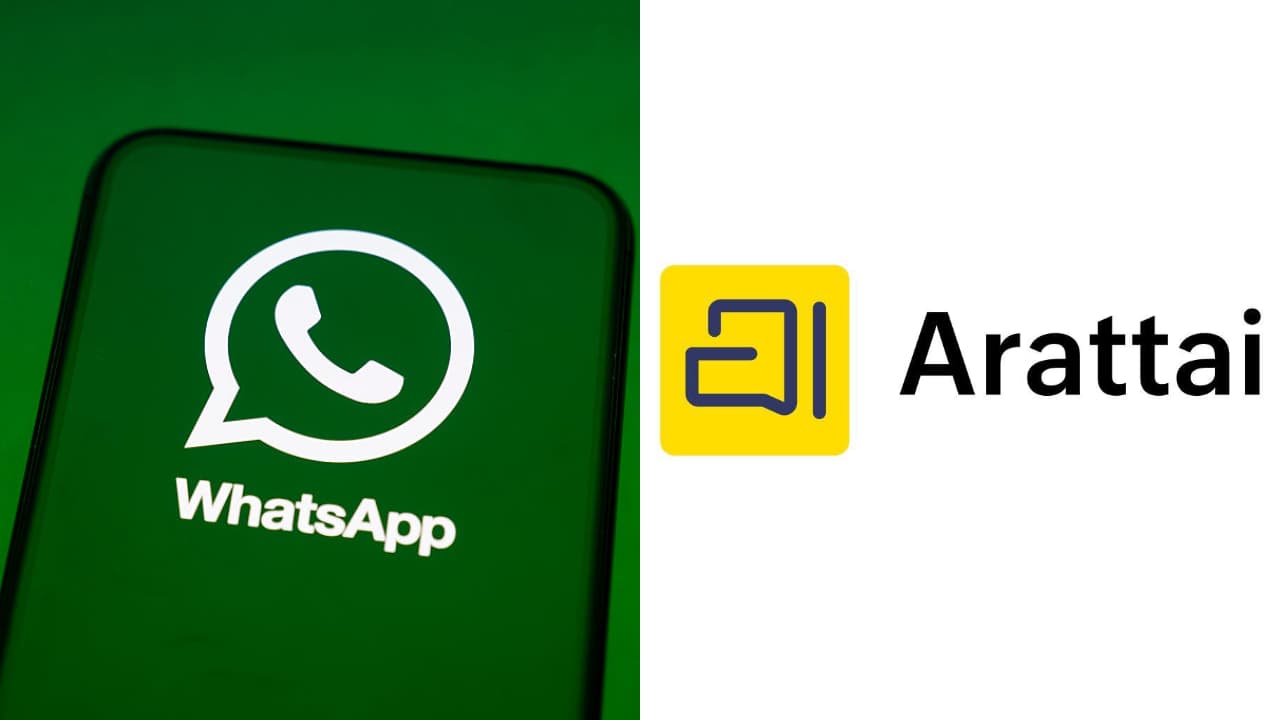The Supreme Court noted that since WhatsApp is not a “State” entity, a writ petition is not maintainable. The bench suggested the petitioner to use alternative communication apps like the Indian-made Arattai by Zoho.
New Delhi: The Supreme Court of India recently rejected a plea from a medical practitioner who contended that her ability to use WhatsApp constituted a fundamental right following the suspension of her account by the platform. A bench comprising Justices Vikram Nath and Sandeep Mehta stated that utilising a privately-owned messaging service does not qualify as a constitutionally guaranteed right and suggested the petitioner to use Zoho’s Arattai messaging application.
The petitioner, Dr. Raman Kundra, who works at a poly-diagnostic centre, approached India’s highest court requesting the reinstatement of her WhatsApp account. She maintained that the platform was crucial for both her professional duties and personal interactions, having used it for approximately 10-12 years to communicate with clients. The petition also sought broader guidelines governing how social media intermediaries suspend or block user accounts, “ensuring due process, transparency and proportionality.” The petitioner emphasised that this was a pan-India issue affecting numerous users. Senior Advocate Mahalakshmi Pavani represented the petitioner.
What Did The Supreme Court Say?
The Supreme Court emphasised that constitutional provisions do not guarantee access to privately-operated digital services like WhatsApp. During the hearing, the bench questioned the maintainability of an Article 32 petition for such relief and suggested filing a civil suit instead. “What is your fundamental right to have access to WhatsApp?”, LiveLaw reported Justice Mehta as saying. The bench acknowledged the significance of digital communication in modern life but clarified that users must adhere to platform policies and cannot demand entitlement to privately-managed services.
When Pavani emphasized the sudden nature of the blocking, stating “Without giving me any opportunity, they have just blocked it. Everything has come to a standstill,” the Court probed whether WhatsApp qualified as a “State” entity. “Is the respondent-intermediary a State?” Justice Mehta posed, to which Pavani replied, “I would not call it a State.” This exchange proved crucial, as the bench noted that without WhatsApp being a State entity, writ petitions would not be maintainable before the High Court either. The judges reiterated their suggestion that the petitioner pursue civil litigation. The Court noted that no reason had been provided for the account suspension. However, despite Pavani’s final request for the Court to direct WhatsApp to restore access, the bench refused to pass any such order.
‘Use Arattai’
During the proceedings, the bench also suggested exploring alternatives. “There are other communication applications, you can use them. Recently, there’s this indigenous app called Arattai…use that. Make In India!”, LiveLaw reported Justice Mehta as remarking. Zoho’s domestically-developed messaging platform Arattai has recently experienced remarkable growth in India’s digital marketplace, temporarily surpassing established players like WhatsApp, Telegram, and Signal in app store rankings. This surge has been driven by nationalist sentiment and increasing preference for locally-created digital solutions. Introduced in 2021, Arattai—a Tamil word for conversation—was originally considered a modest project. However, amid concerns about artificial intelligence, cybersecurity threats, and Big Tech oversight, its positioning as a “secure, Indian-made messaging solution” has resonated with users nationwide.
The application received significant backing from government representatives, including Union Home Minister Amit Shah and Education Minister Dharmendra Pradhan. In a message shared on X, Shah requested that all future communication be directed to his new address, [email protected]. “Hello everyone. I have switched to Zoho Mail. Kindly note the change in my email address. My new email address is [email protected]. For future correspondence via mail, kindly use this address. Thank you for your kind attention to this matter,” Shah posted on X.
